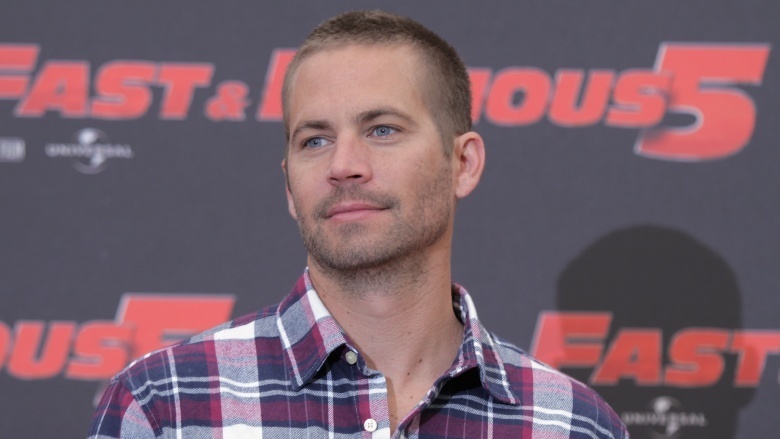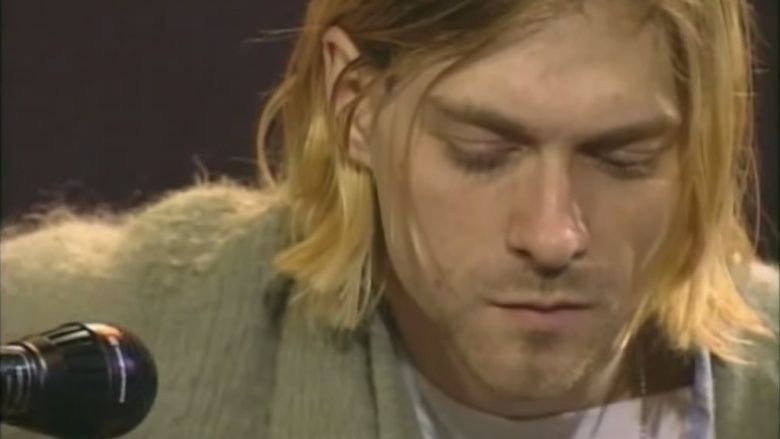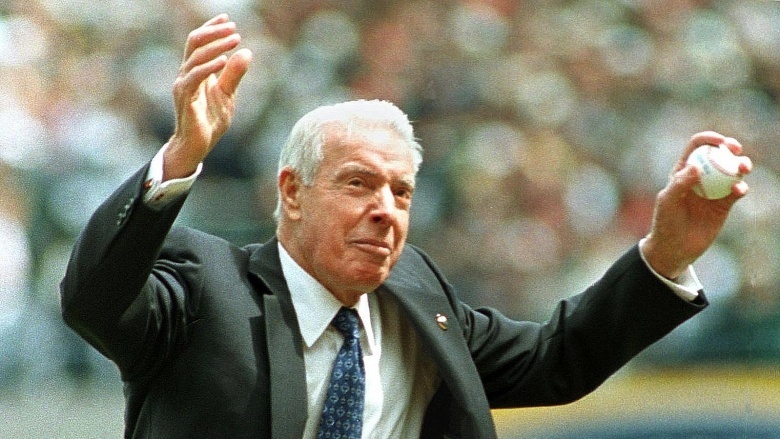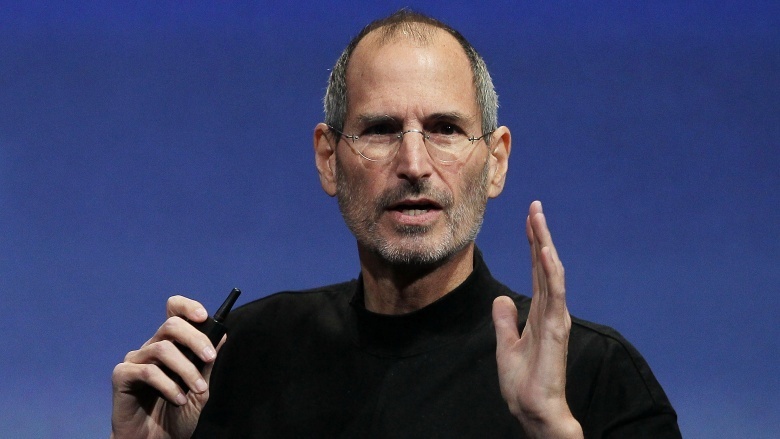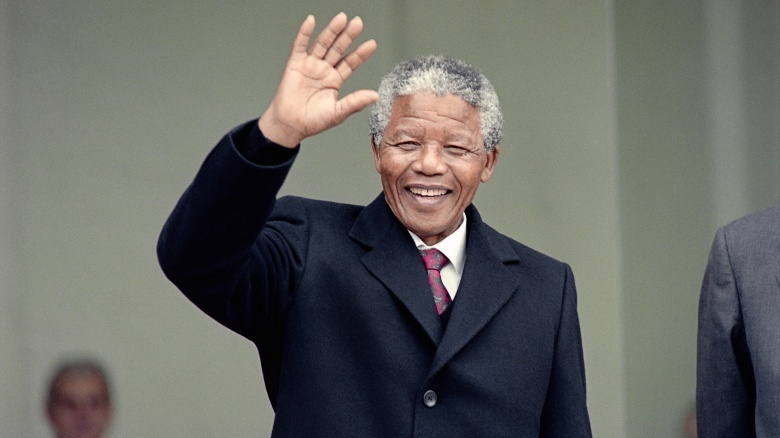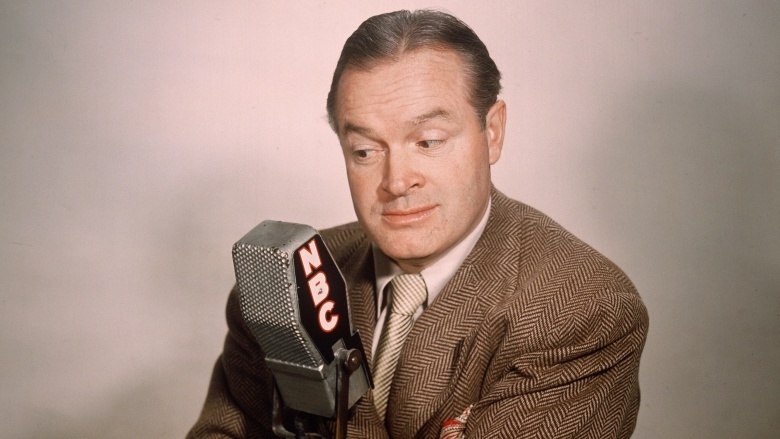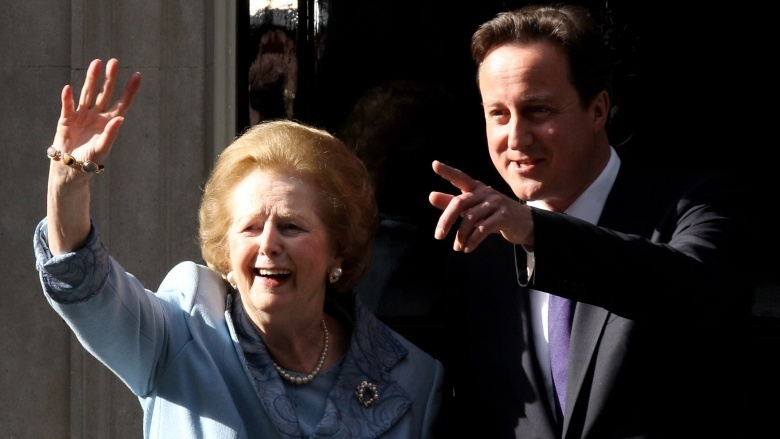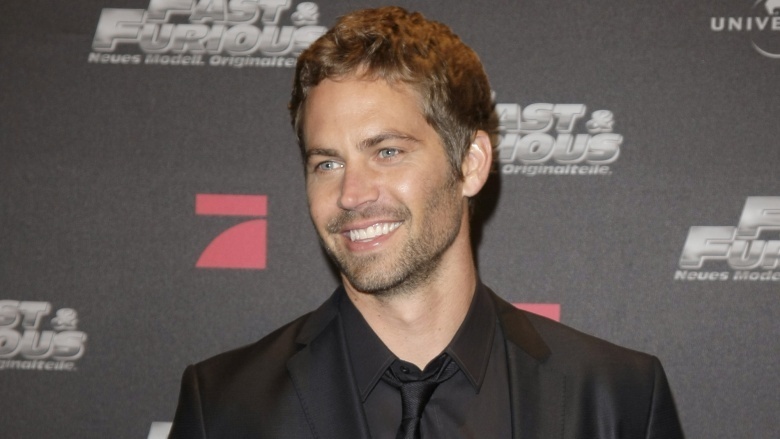Celebrity Deaths Accidentally Predicted By Hoaxes
Breaking the story of a celebrity death is big business. In anticipation of huge headlines, media outlets sometimes prepare obituaries in advance that can be modified quickly when a star dies. But sometimes mistakes are made in the race to the scoop, and sometimes those mistakes eerily foreshadow the future. Here are a bunch of times media jumped the gun on celebrity death notices.
Kurt Cobain (2/20/1976 – 4/05/1994)
Exactly one month before his suicide, Nirvana frontman Kurt Cobain fell into a drug-induced coma in Rome after mixing sedatives and champagne. According to the Los Angeles Times, some news outlets prematurely pronounced the grunge rocker dead. Cobain recovered from the accidental overdose but was plagued by other demons. On April 5, 1994, an electrician scheduled to do work at Cobain's home discovered his body and alerted police. Cobain, 27, died from a self-inflicted gunshot wound. A suicide note referenced his ongoing struggle with depression.
Joe DiMaggio (11/25/1914 - 3/08/1999)
After reading a report that Yankee legend Joe DiMaggio was in "grave condition and using a ventilator" following a procedure to treat lung cancer, an NBC employee prepared a message to be used in the event of his death. But instead of being saved for later, the following message was aired live: "This is an NBC News Special Report. Baseball legend Joe DiMaggio has died at his Florida home. He was 84 years old..." The bulletin was accidentally broadcast on all of the network's East Coast affiliates before being cut off. Whoops. NBC issued a correction 20 minutes later and reportedly reached out to DiMaggio to apologize. Not long after, the baseball great did lose his battle with the disease as a result of complications and infections. He died at his home in Florida about two months after the errant NBC report.
Whitney Houston (8/09/1963 - 2/11/2012)
On February 11, 2012, Whitney Houston, 48, was found dead in a bathtub in her Beverly Hills hotel room. The official cause of the singer's death was accidental drowning, though traces of cocaine, marijuana, and prescription drugs were found in her system. Houston had lived such a seemingly turbulent life after the apex of her career that death rumors circulated around her for more than a decade before her passing. In 2001, Houston's publicist had to issue a statement refuting stories about a fatal drug overdose: "She is perfectly fine and does not understand why, with everything going on in the world right now, they have to find new rumors to dig up."
Steve Jobs (2/24/1955 - 10/05/2011)
When Bloomberg News prepared its Steve Jobs obituary, it went all out. Compiling a 17-page document that read half like an Apple company history and half like a personal tribute, the network was careful to notate, "HOLD FOR RELEASE – DO NOT USE – HOLD FOR RELEASE – DO NOT USE." Even so, the story was mistakenly published in August 2008. The piece was pulled just 30 seconds later, but that was 30 seconds too late. Word had already spread. About a year after the accidental obit, Jobs addressed the glitch during one of his signature product launches, displaying the headline, "The reports of my death are greatly exaggerated" on a screen behind him. At least the tech mogul had a sense of humor about the incident. Jobs succumbed to pancreatic cancer on October 5, 2011. He was 56.
Nelson Mandela (7/18/1918 - 12/05/2013)
During what would become known as "The CNN.com incident," the pre-curated death notices of several notable people were discovered available to the public via the news outlet's server and via Google search in April 2003. Former South African President Nelson Mandela, along with former U.S. Presidents Ronald Reagan and Gerald Ford, former U.S. Vice President Dick Cheney, entertainer Bob Hope, and former Cuban President Fidel Castro all had the chance to preview how CNN planned to remember them. It took only 20 minutes of internet fame for CNN to pull the obituaries, but The Smoking Gun nabbed screenshots, so the goof can live on forever.
Bob Hope (5/29/1903 - 7/27/2003)
While he was part of the aforementioned "CNN.com incident," Bob Hope also experienced a much more public premature death when his demise was incorrectly announced on the floor of Congress on June 5, 1998. This time, it was the Associated Press that accidentally ran an obit, which Rep. Bob Stump of Arizona promptly announced on the House floor while C-SPAN was broadcasting live.
The 95-year-old showman was actually eating breakfast at home in Hollywood as Washington was mourning his death. "Congress can be wrong," said Ward Grant, Hope's longtime spokesman (via the Baltimore Sun). "I hate to tell the American people that, but it's true." Hope made it into the centenarian club, passing away from pneumonia on July 27, 2003.
Margaret Thatcher (10/13/1925 - 4/08/2013)
Canadian Prime Minister Stephen Harper was at a large gala event in 2009 when he received sad news. Transport Minister John Baird had sent a text message saying, "Thatcher has died." Harper understandably set his staff in motion to gathering information and prepare official statements about the former British Prime Minister. British officials later confirmed that Margaret Thatcher was, in fact, alive, and Baird revealed that the text was actually in reference to his cat, whom he named after "his political heroine." While there was no mass public confusion, Harper's team probably had a far more stressful evening than anticipated, most notably Minister Baird, who likely learned a valuable lesson in clarity. The "Iron Lady" died of a stroke in London on April 8, 2013. She was 87.
Paul Walker (9/12/1973 - 11/30/2013)
Paul Walker, 40, died in a horrific crash after the driver of the Porsche he was riding in lost control of the vehicle. The car reportedly slammed into trees and a concrete lamppost and burst into flames. Both Walker and the driver lost their lives, but in a strange twist to the tragedy, the actor was the subject of a death hoax just one day prior to his actual death. Upon investigating the so-called hoax, Elite Daily found that a clickbait site called Media Mass prepares and publishes this kind of hoax article on virtually every celebrity just to generate traffic on name recognition. The site just so happened to publish its Walker hoax article at a coincidental time, which then retroactively gained traction after he passed away. When the site retracted its hoax story, it caused even more confusion about whether the actor was alive or dead, thus grossly exploiting a sad event.

